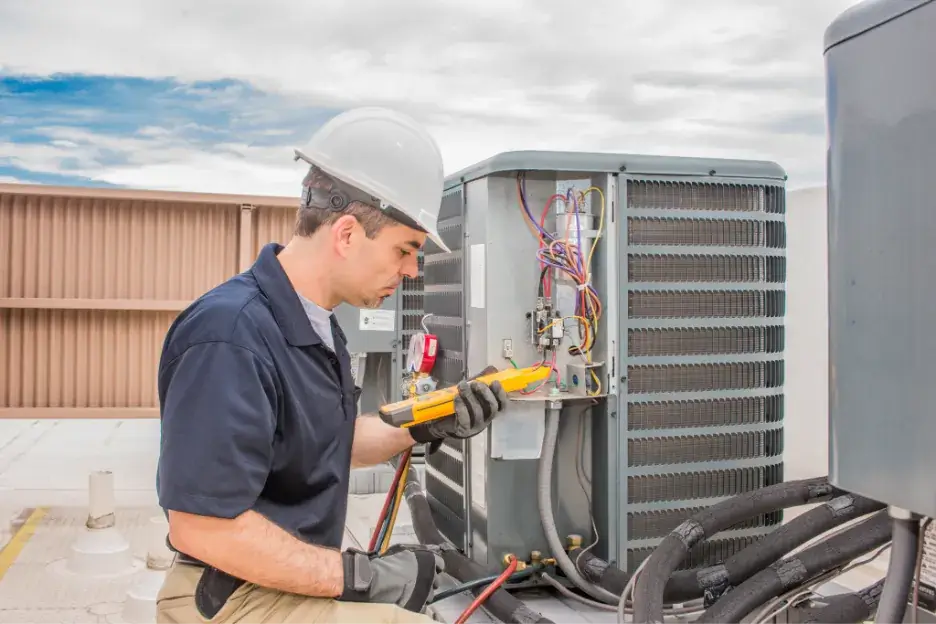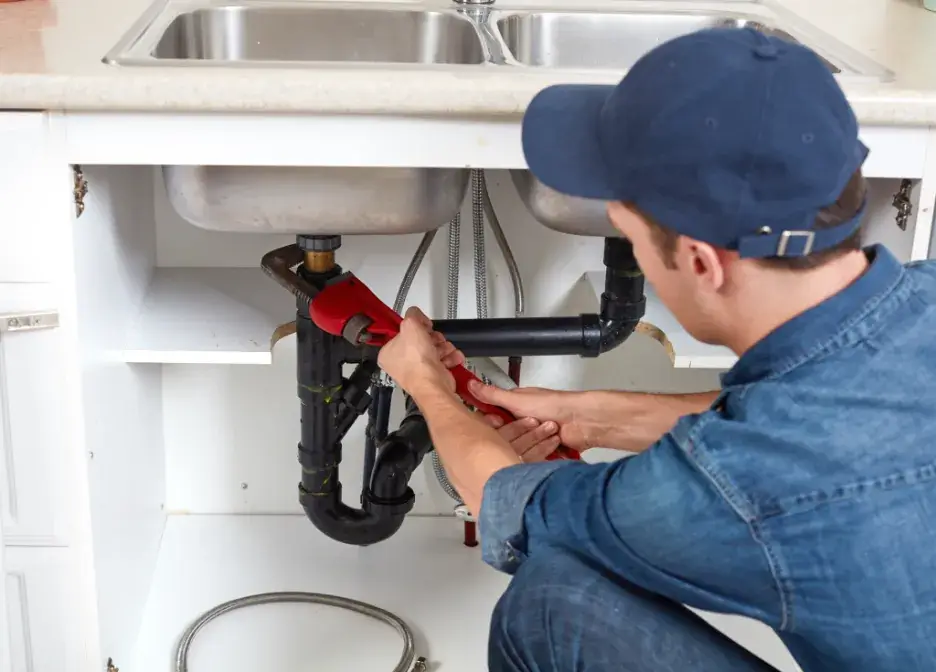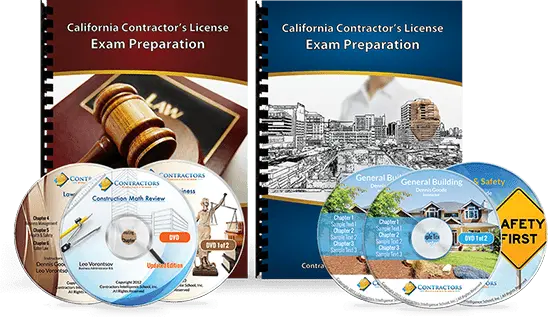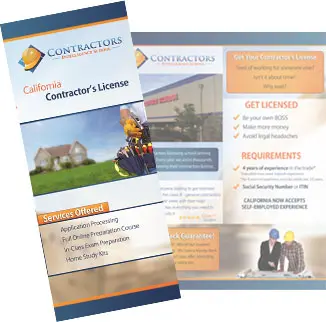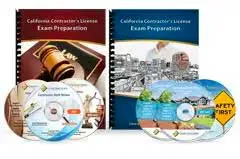How to Get Your B2 Residential Remodeling Contractors License in California
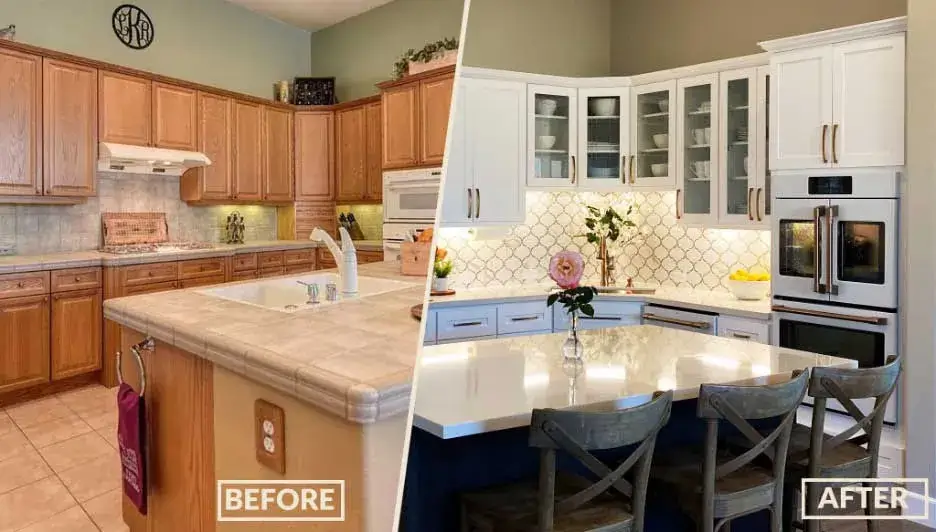
Content table
Until 2021, remodeling contractors in California often found themselves in a licensing gray area. Thus, they were caught between needing a general contractor license (Class B) that required oversight of big construction projects and trying to fit into specialized trade categories that didn’t quite reflect the diverse nature of residential remodeling work. Hence, many qualified professionals were left unsure of where they stood legally, despite having years of hands-on experience in home improvement.
This is why the California Contractors State License Board (CSLB) introduced the B-2 Residential Remodeling Contractors License as a much-needed solution that fills a major gap in the state’s licensing system. So, if you’ve been remodeling homes without a license or struggling to fit your work into outdated categories, the B-2 is your clear path forward to operating legally and growing a legitimate business in one of the most active housing markets in the country.
#1 California Contractors License Prep Program.
Try our free interactive course
demo.
What is a B-2 Residential Remodeling License?
A relatively new classification designed to meet the real-world needs of home remodelers, the B-2 license in California allows contractors to work on existing residential structures. Specifically, it enables them to remodel or improve homes using three or more unrelated building trades or crafts like carpentry, drywall, tiling, painting, flooring, etc. It’s perfect for specialists who manage projects that involve coordinating multiple trades without doing any ground-up construction or major structural work, such as transforming kitchens, renovating bathrooms, revamping living areas, and modernizing homes.
In a word, if you ever wondered, “What license do I need to remodel homes?” the B-2 is the answer. It allows you to legally update and refresh the interior or exterior of an existing house without building a new one.
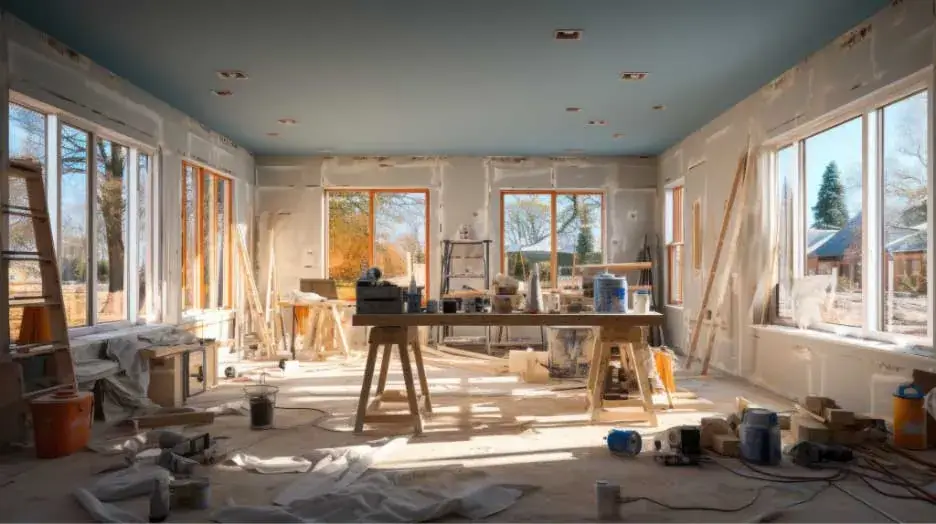
What a B-2 License Does Not Allow You to Do
It's essential to be aware of the limitations associated with the B-2 contractors license classification:
Scope: The B-2 classification is limited to working on existing residential wood frame structures, emphasizing its focus on renovation and remodeling projects.
Structural Alterations: Contractors with a B-2 license cannot make structural alterations to load-bearing partitions and walls. This restriction ensures that structural changes are carried out by qualified professionals.
Electrical and Plumbing Systems: While B-2 contractors can make modifications to existing electrical and plumbing systems, they are not permitted to install or extend new systems. This helps maintain the safety and integrity of these critical home systems.
HVAC Systems: The installation or replacement of HVAC systems falls outside the scope of the B-2 classification. This specialization ensures that HVAC work is carried out by professionals with the necessary expertise.
Difference between B and B-2 Contractor's License
Understanding the differences between the B and B-2 licenses is crucial for aspiring contractors in California. The main difference between the B and B-2 classifications in California is the scope of work and specialization. The B license is broader and allows contractors to work on a wide range of construction projects, including structural work and HVAC systems. On the other hand, the B-2 license is specific to residential remodeling of existing wood frame structures and comes with limitations on structural alterations and the installation of new electrical, plumbing, and HVAC systems.
| Class B | Class B-2 |
|---|---|
| 4+ years in framing, rough carpentry, and 2+ unrelated trades | 4+ years in residential remodeling experience with 3+ trades |
| Must hold a C-16 or C-57 classification if required by contract(s) | Must hold a C-16, C-57, or C-22 classification if required by contract(s) |
| May perform structural work on buildings | Cannot make any structural changes or perform work that is behind a wall |
|
Contracts can be standalone framing or carpentry OR Contracts must include 2+ unrelated trades |
Contracts must include 3+ unrelated trades |
How to Obtain Your B-2 Contractor's License
If you’ve ever wondered how to become a home remodeler in CA, today, you can confidently operate as a licensed contractor by obtaining a so-called handyman or B-2 Residential Remodeling License. How to get a handyman license in California? The licensing process is quite straightforward and involves several steps.
Meet B-2 License California Requirements
- You must be at least 18 years old.
- You should have a valid Social Security Number or Individual Taxpayer Identification Number (ITIN).
- You must have a minimum of four years of journeyman-level experience in the residential remodeling field.
Obtain the Required Work Experience
Your four years of journeyman-level experience should include hands-on work in residential remodeling projects. This experience should be verifiable, and you may need to provide documentation or references to prove it.
Prepare for the License Examination
The state requires all applicants to pass a computerized examination to obtain a B-2 or handyman license in California. The exam tests your knowledge of the construction trade and California's building codes. You can obtain study materials and resources from the CSLB website or Contractors Intelligence School when enrolled in a license prep course.
Submit Your License Application
- You will need to submit a license application to the CSLB along with the required fee of $450.
- Along with your application, you may need to provide proof of your work experience and qualifications.
- Pass a background check and complete Livescan fingerprinting.
Schedule and Pass the License Examinations
- Once your application is processed and accepted, you will need to schedule your B-2 contractors license practice test, including a Law & Business exam and a Trade exam.
- You should pass all required examinations with a minimum score of 70% to qualify for the license.
Complete the Final Steps Within 90 days of Passing Your Exams
- Pay the initial license fee of $200 for a sole owner and $350 for a non-sole owner.
- Obtain a Contractor’s Bond and any additional bonding (if applicable).
- Apply for Workers’ Compensation Insurance (if applicable).
- Get General Liability Insurance (if applicable).
- Complete the Asbestos Open Book Examination.
Receive Your B-2 License
After completing all the steps and meeting all the requirements, you will receive your B-2 Residential Remodeling Contractor's License pocket card and wall certificate.

Benefits of Obtaining a Residential Remodeling Contractor’s License
Obtaining a B-2 license in California offers numerous advantages for individuals and businesses in the construction and remodeling industry.
Customer Trust
This license provides a strong sense of legitimacy and compliance with state regulations, reassuring clients that you are well-qualified to handle residential remodeling projects. It not only opens the door to a broader range of job opportunities but also enhances your market credibility. Clients tend to favor licensed professionals with certifications that prove their training level and expertise, which gives you a competitive edge in a crowded market
Legal Protections
With a B2 license, you can operate your business confidently, knowing you’re backed by the law and insured for the work you perform. It offers legal protections in case of disputes, and clients often have more confidence in licensed contractors when it comes to problem resolution.
Higher Earning Potential
Unlicensed contractors are stuck doing small jobs under $1,000. But remodeling projects often run into the thousands, even tens of thousands of dollars. A license gives you the legal right to:
- Bid on full-home renovations, kitchen remodels, and multi-room updates.
- Sign contracts that include multiple trades and higher profit margins.
- Grow your income and reinvest in your business.
Business Scaling Opportunities
The B-2 license is your gateway to business expansion. Once licensed, you can hire a crew, subcontract trades like plumbing or electrical (licensed contractors), and take on multiple jobs at once — all while staying compliant and professional. You can also:
- Register your business officially.
- Open business accounts and access funding.
- Bid on public residential remodeling projects where licenses are often mandatory.
Catching Up With Regulatory Changes and Innovations
A B-2 license grants you access to valuable resources and support from the Contractors State License Board (CSLB), helping you stay updated on industry developments and best practices.
However, it's important to remember that with these benefits come responsibilities, including adherence to regulations, insurance obligations, and continued education requirements, making it crucial to evaluate the license's alignment with your goals and local market conditions
FAQ
Who should apply for a B-2 license in California?
If you’re a handyman, home improvement contractor, or remodeling specialist who wants to take on larger home renovation jobs legally in CA without holding multiple specialty licenses, the B-2 license is for you.
How long does it take to get a B-2 Residential Remodeling License?
The entire process can take 8 to 12 weeks or more, depending on your experience documentation, exam scheduling, and how quickly you complete fingerprinting and bonding requirements.
What types of work can a B-2 contractor perform?
As long as three or more unrelated trades are involved and no structural work is done, you’re good to go. Thus, you can remodel kitchens and bathrooms, upgrade flooring, drywall, and paint, install windows and doors, replace cabinets and countertops, and do whole-home facelifts.
Is insurance required for B-2 contractors?
B-2 contractors in California are required to carry a Contractor’s Bond and, if they have employees, they must also have Workers’ Compensation insurance. While general liability insurance isn’t mandatory, it’s highly recommended to protect against property damage or injury claims.
Published on: November 12, 2024




